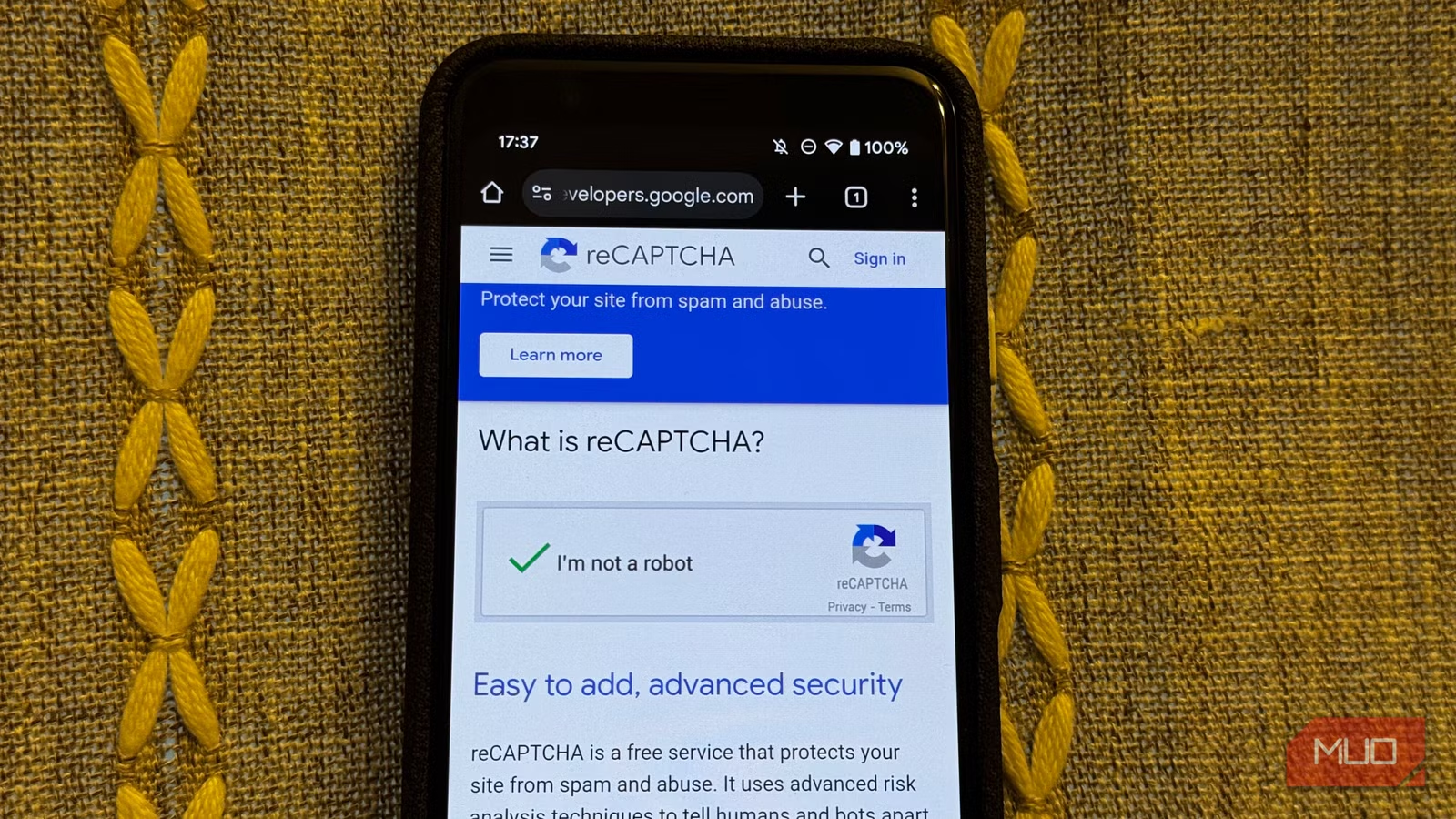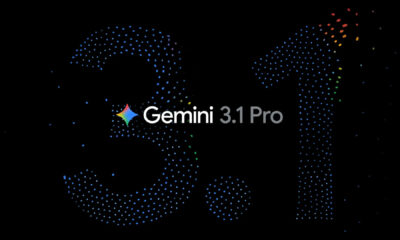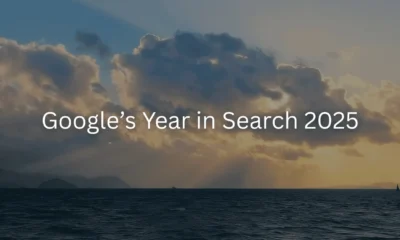SEARCHENGINES
Google Uses A Mix Of Factors To Determine Content That Demonstrates E-E-A-T

Google has been saying for years now that there is no E-A-T (or now E-E-A-T) algorithm, but Google does have factors and signals it looks for that align with the values around determining content that demonstrates E-E-A-T. Google repeated it the other day when referencing its updated helpful content document on Twitter.
Danny Sullivan, Google’s Search Liaison said on Twitter, “Our existing documentation does explain E-E-A-T and YMYL in the context of how they should be considered by content creators seeking to produce helpful, people-first content. It’s all on this page.
Our existing documentation does explain E-E-A-T and YMYL in the context of how they should be considered by content creators seeking to produce helpful, people-first content. It’s all on this page: https://t.co/NaRQqb1SQx
I don’t see it referenced in this guide, so perhaps that… pic.twitter.com/IVkeAlCeDO
— Google SearchLiaison (@searchliaison) May 1, 2023
Danny went on to clarify that this is well documented:
Sorry, I’m not sure what you’re asking.
If it’s “People think E-E-A-T is a ranking factor and Google should make it clearer that it is not,” we do address this on that page:
“While E-E-A-T itself isn’t a specific ranking factor”
If it’s, “People should understand that having…
— Google SearchLiaison (@searchliaison) May 1, 2023
The page says, “Google’s automated systems are designed to use many different factors to rank great content. After identifying relevant content, our systems aim to prioritize those that seem most helpful. To do this, they identify a mix of factors that can help determine which content demonstrates aspects of experience, expertise, authoritativeness, and trustworthiness, or what we call E-E-A-T.“
I added the bolding. Again, that line is not new but it is a distinction that causes a lot of semantic debate within the industry.
The document goes on to says “While E-E-A-T itself isn’t a specific ranking factor, using a mix of factors that can identify content with good E-E-A-T is useful.” Google’s example says its “systems give even more weight to content that aligns with strong E-E-A-T for topics that could significantly impact the health, financial stability, or safety of people, or the welfare or well-being of society. We call these “Your Money or Your Life” topics, or YMYL for short.”
So again, E-E-A-T is important, but optimizing for it directly it not really possible. You can however write content that demonstrates those qualities and Google should understand that and reward that type of content. But there is not one specific thing to do, it is many things signals that Google uses to determine if a piece of content demonstrates experience, expertise, authoritativeness, and trustworthiness, aka E-E-A-T.
Forum discussion at Twitter.
















